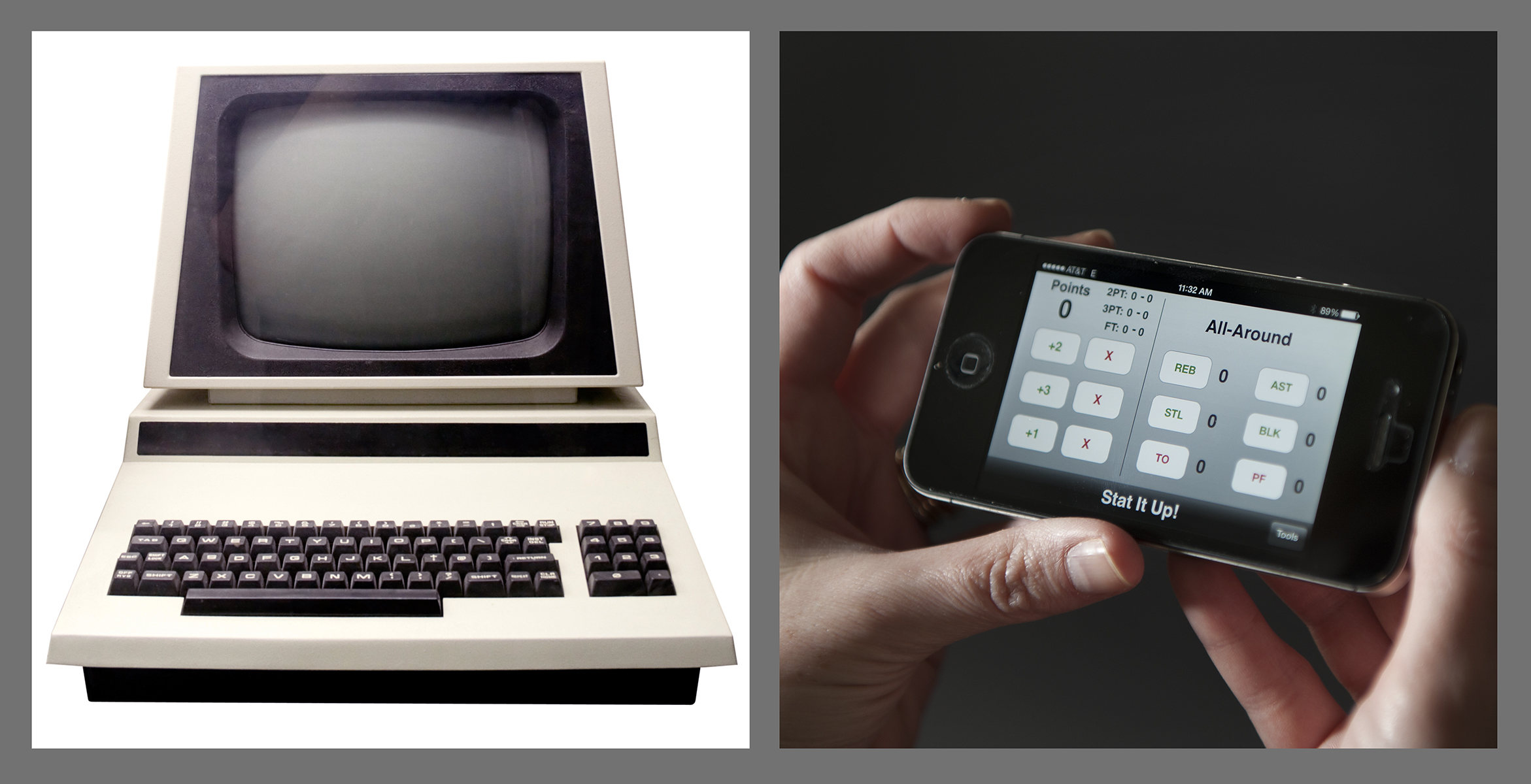Contact: Allison Matthews

STARKVILLE, Miss.--The Business Information Systems program in Mississippi State's College of Business marks its 50th year this fall with an anniversary celebration Nov. 15.
The 4 p.m. program will be held in McCool Hall's Taylor Auditorium, Room 124.
Established in 1963 by longtime head Charles Moore, the BIS program was the first information systems program in an accredited college of business in the world, said Professor Rodney Pearson.
He said the first five graduates in 1966 led the way for more than 1,900 who have followed.
Pearson, a Robert Keil Fellow and the Richard Adkerson Notable Scholar, has been part of the department's faculty since 1987. He said business information systems has been one of higher education's fastest changing fields as a parallel to the rapid evolution of technology over the past half century.
"The first business to own a computer was General Electric in 1954. Nine years later, Mississippi State had a major," Pearson said.
The Friday afternoon ceremony is open to all and will include alumni, current and former faculty members and other guests.
Moore is expected to be in attendance, along with longtime faculty members Kirk Arnett and J.P. Shim. Arnett, professor emeritus, worked as a manager of computer information systems at the university before teaching for the next 25 years. Shim headed the program's doctoral program for 27 years until he retired in 2011.
Pearson said Craig Orgeron, a 1989 BIS alumnus and executive director of the State of Mississippi Department of Information Technology Services, will also be a guest at the program.
The Moore Award, established by the Association of Retired Faculty in 2008, will be presented to a current student during the ceremony.
Moore, who retired in 1984, recalled that one objective of the school of business when he was hired was to gain accreditation at the graduate level. During a time when computers were simply on the horizon with no real presence at most universities or businesses, institutions of higher learning differed in their evaluation of the importance of the computer's development.
Moore said Mississippi State was among the first to own a computer, an IBM 650. Moore taught at the University of Alabama prior to joining Mississippi State, and he said he would bring his students over to the Starkville campus to use the computer in McCain Hall. At the time, computer input and output was all done by punch cards, he said.
When he was offered a faculty position at Mississippi State to begin a new program, Moore said he considered the opportunity a challenge. The program was titled Business Statistics and Data Processing until the name was changed in 1984.
Moore described taking students to Jackson to work with large insurance companies and banks.
"Students were excited about the application of computers in the business environment, and the companies were interested in these students," Moore said.
"I could tell that they would be interested in any students we could develop primarily with a business background, but with aptitude for the computer." He said Mississippi State was a pioneer in business systems.
Over time, technology improved and programming languages, which initially were crude, tough-to-learn "machine" languages, Moore said, developed to a point which made programming "more like English." Fortran and COBOL have been staples of the discipline. Pearson said that many people have predicted the death of COBOL, but it has been a constant for more than 50 years.
Moore said that while mathematicians, engineers and physicists were responsible for developing computers, he observed that business-oriented people were necessary to harness the computer for business applications.
"People trained in accounting, management, economics and business statistics were better qualified to apply the computer to business problems," Moore said.
Arnett, who earned his undergraduate degree in the program in 1968 and went on to finish an M.B.A. and a doctorate in 1984, also from MSU, said the program was successful in part because of collaboration with other computer-related disciplines, such as the university's computer science program.
"They not only shared their resources like computers, but they shared their expertise," Arnett said.
Arnett said that in more recent years, the program has helped break ground in the field of cyber security, which has been an important move for the university and graduates.
Pearson said modern computer advancements, such as the advent of the World Wide Web in the 1990s and the smart phone in the 2000s have meant that faculty and students both are constantly learning.
"We teach web-based programming, which didn't exist before the Web," Pearson said. The Clarksdale native who earned undergraduate and master's degrees from the University of Mississippi before completing a doctorate at Harvard in Management Information Systems in 1984 was among the first in the country to develop a course on programming applications for iPhones.
"Stanford started a course in fall 2008, and our course at MSU began in spring 2009," Pearson said. When Pearson first saw an iPhone, he said he immediately liked the technology and wanted to create apps for it.
Pearson said it doesn't matter if a professor is teaching COBOL or programming for iPhone, the concepts are the same.
"Ten years from now, I don't know what they'll be using, but I believe the concepts will be the same," Pearson said.
Whatever the application, Mississippi State's business information systems program will be preparing students to apply the technology for modern-day business solutions.